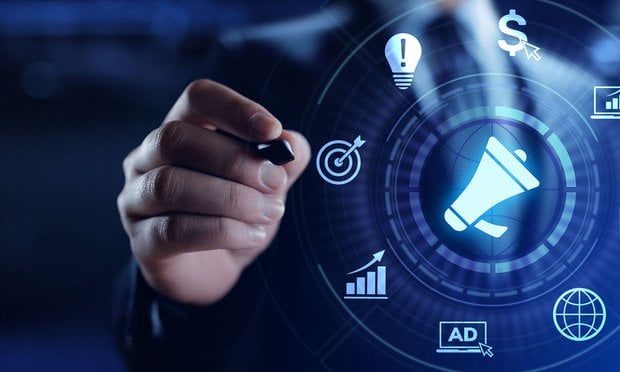 (Photo: Murrstock/Adobe Stock)
(Photo: Murrstock/Adobe Stock)
Almost half (42%) of HR leaders spend 4-10 hours a day on administrative items. As AI becomes a more viable tool to automate repetitive tasks, HR teams can now focus on creating a personalized employee experience.
Pragya Gupta, Chief Product Officer at isolved, discusses how HR teams can leverage AI to cut down on time spent on admin tasks and how they can use the technology to identify areas to create meaningful employee experiences including new benefit opportunities, like skill building courses.
Recommended For You
How has AI technology transformed the way HR professionals personalize employee experiences?
AI technology has made strides in the last few years, allowing HR professionals to harness predictive analytics capabilities to gain insights into employee preferences, behaviors, and needs so practitioners can create tailored engagement strategies. These strategies can consist of skill development plans, personalized training programs, and customized career paths, but they also allow leaders to take the individual into account and create a meaningful path forward. Additionally, AI-driven chatbots can provide instant support and guidance to employees, answering queries and offering resources based on individual requirements. By leveraging AI tools and their capabilities, HR teams can foster a more engaging and supportive environment that enhances the employee experience while boosting satisfaction and retention.
How can HR teams best utilize AI in their jobs to enhance efficiencies? What is the best use case you've experienced with AI that other HR leaders should know about?
HR teams spend 4-10 hours per day completing administrative tasks like answering repetitive emails and data entry. AI can automate many of the recurring tasks that dominate HR teams' time so that they can focus their time on the human aspects of HR. From recruitment and talent acquisition to gathering insights from employee surveys, there is so much potential to build and develop HR practices through AI.
With Generative AI, users get a jump start on the recruiting process through the creation of compelling job descriptions that they can tailor as needed. And the AI-driven candidate matching feature aligns their skills and experience to open roles, ensuring the most qualified individuals are identified first.
Our AI journey doesn't stop there. We have people analytics capabilities that empower managers with benchmark and trend data to ensure competitive pay, predict attrition, and receive guidance on what changes they can make to achieve desired results. By analyzing large data sets, we gain a comprehensive view of where employees may need support, enabling us to allocate resources where they make the greatest impact. This approach has been instrumental in helping us continuously improve the employee experience while maintaining alignment with business goals.
During the recruiting process, in what ways can practitioners leverage AI to identify top talent?
AI is a game-changer in the recruitment and onboarding process. AI-powered tools can sift through resumes, match candidates to job requirements based on skills, and predict candidate success by analyzing historical data, allowing HR teams to focus on connecting with prospective candidates. These tools can also use AI to analyze large volumes of resumes and applications quickly, matching candidates' skills and experiences with job requirements more accurately.
AI is also a viable way to predict candidate success and cultural fit by examining historical hiring data and current trends. Furthermore, AI-powered chatbots can conduct initial candidate interactions, answer questions, and schedule interviews, ensuring a smooth and efficient process. AI tools don't just save HR practitioners time, but they can provide valuable insights to help determine an employee's impact.
How can HR teams leverage AI differently throughout the employee lifecycle? What are some of the most impactful ways for HR leaders to create meaningful employee experiences and drive retention using AI?
In addition to leveraging AI for the recruiting process, HR leaders can use the technology throughout the employee journey to create meaningful employee experiences. For example, AI can track and analyze metrics related to employee engagement, satisfaction, and performance, providing actionable insights for creating a supportive work environment. Offering personalized development opportunities, such as tailored training programs and mentorship pairings, can significantly enhance employee engagement and career growth. Additionally, HR teams can leverage AI's predictive capabilities to identify any groups or employees at risk of attrition, and work to build a tailored strategy that helps an employee move from surviving to thriving.
HR practitioners can also use AI to gauge employee sentiment around the technology and pull out insights into how the employee base feels about implementing AI in their day-to-day work lives. Twenty-eight percent of employees identify it as the biggest threat to their job security, so to assuage any fears and feelings of distrust, HR teams can establish training sessions to help employees understand how they can best use the technology in their unique roles. HR leaders can encourage the adoption of AI among their workforce, which will help eliminate job security fears, streamline workflows, and improve the employee experience.
© 2025 ALM Global, LLC, All Rights Reserved. Request academic re-use from www.copyright.com. All other uses, submit a request to [email protected]. For more information visit Asset & Logo Licensing.








